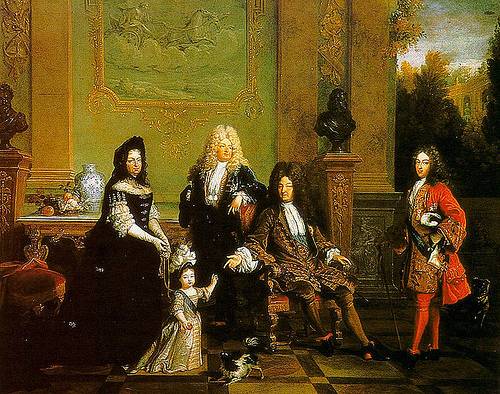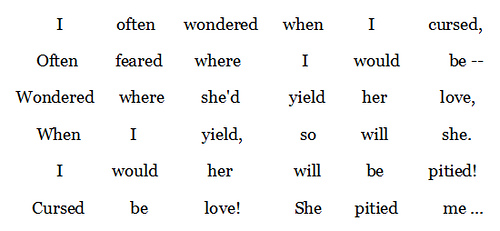
Claude Sanguin, a French poet, who died at the close of the last century, having had his house consumed by lightning, sent the following ingenious card to Louis XIV on the occasion. The monarch at once felt the delicacy of the poet’s verses, and the distress of his situation, and cheerfully ordered him the one thousand crowns which were the object of his demand.
To engage in your matters belongs not to me,
This, Sire, inexcusable freedom would be;
But yet, when reviewing my miseries past,
Of your majesty’s income the total I cast;
All counted, (I’ve still the remembrance quite clear,)
Your revenue’s one hundred millions a year;
Hence one hundred thousand per day in your pow’r,
Divided, brings four thousand crowns to each hour,
To answer the calls of my present distress,
Which lightning has caused in my country recess,
May I be allow’d to request, noble Sire,
Of your time fifteen minutes, before I expire?
— I.J. Reeve, The Wild Garland; or, Curiosities of Poetry, 1866

